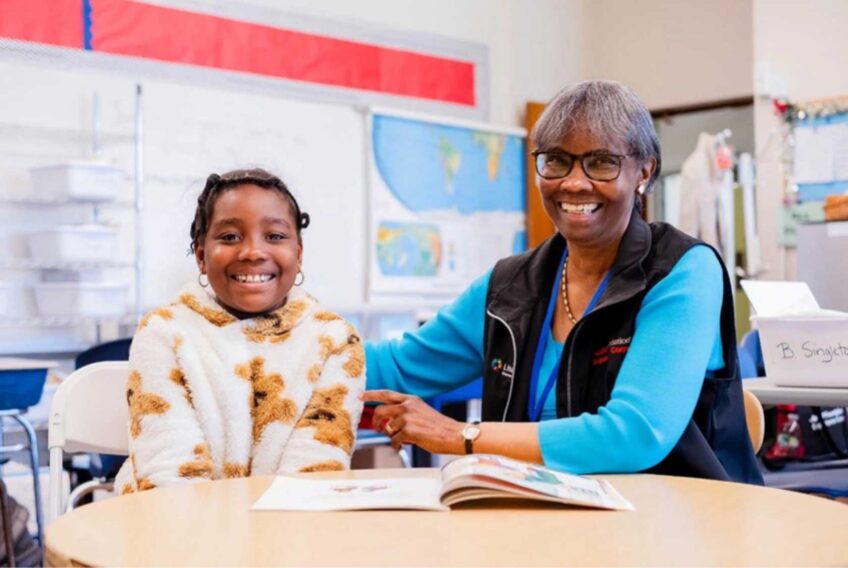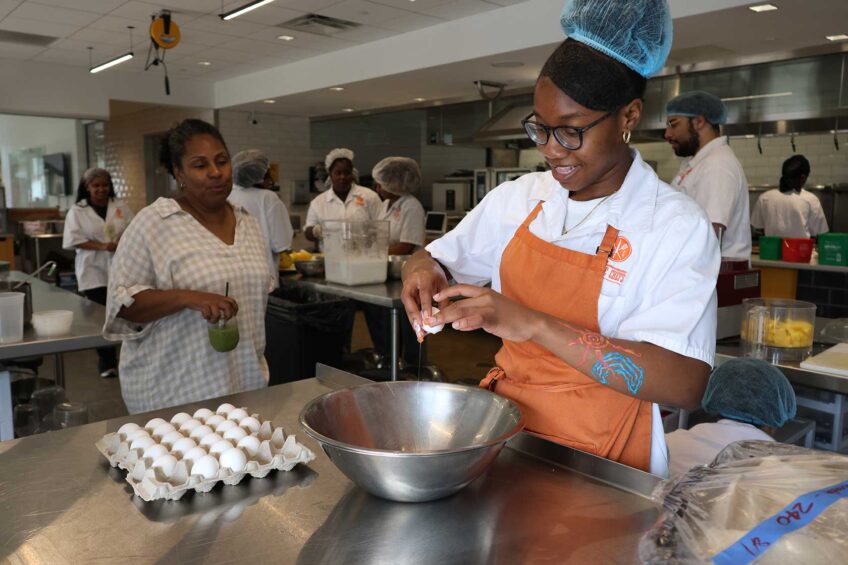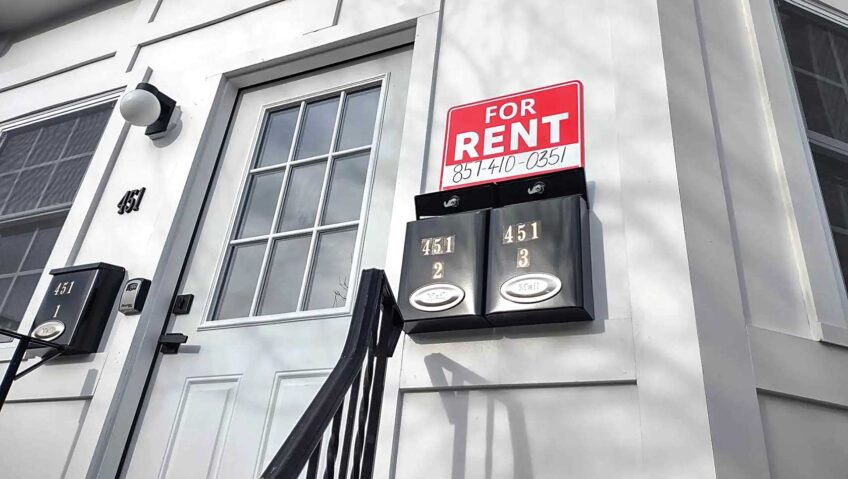City Councilors held a hearing Monday on the need for better, more equitable broadband connection citywide and improved digital equity in Boston. They also discussed changes to existing federal assistance for internet access.
The hearing was called due to concerns over the ability of all Boston residents, regardless of where in the city they live and how much money they make, to access reliable internet connections. These concerns, which advocates said existed before the COVID-19 pandemic, were only driven home by the business and school shutdowns that left much of the day-to-day workings of the city online.
Broadband describes the generally wired connection to a home or business that allows consumers to set up a Wi-Fi network.
Councilor Kenzie Bok, who represents Back Bay and parts of Downtown and co-sponsored the hearing, said she thinks that equitable broadband access is increasingly a necessity rather than a luxury.
“To me, the internet and strong reliable broadband access is a utility; it’s completely central to how people’s lives operate in the 21st century,” Bok said. “The pandemic certainly has brought that home and I am certainly concerned that we are still living with the hangover of structuring it much more like an amenity that people with more money can get better access to.”
The struggle for some Bostonians is ongoing. 2019 data from the American Community Survey found that 13.4% of households in the Greater Boston area had no internet connection in their home. Over five years of data, that number gradually decreased from nearly 23% of Greater Boston households in 2015.
Theodora Hanna, co-CEO of Tech Goes Home, a Boston nonprofit that works to help people gain the skills, access and hardware necessary to use online resources, said those without internet connections tend to be in lower-income communities and communities of color.
She said this leaves people further disadvantaged and excluded.
“Very simply put, it means people don’t have equitable access to education, to employment, to good health outcomes, to participating in civic engagement, and engaging with family and community members,” Hanna said in an interview. “It basically means people are cut off.”
She noted that the need for this access and new digital skills only increased throughout the COVID-19 pandemic.
“There are new things we need to do online; for instance, before COVID, finding a COVID testing site or a vaccine appointment online wasn’t a thing,” Hanna said. “So, they are definitely continuing to evolve, and there are some big needs, in terms of the skills, that COVID has initiated. Similarly, ordering groceries or medical supplies. We do so much more online, even than we did pre-COVID. It has become even more glaringly obvious that the skills component is absolutely critical.”
At the hearing, City Councilor Ed Flynn, who represents portions of downtown as well as South Boston and the South End and was a co-sponsor of the hearing, called the divide a civil rights issue.
“We need to make sure those without a voice in society — including digital equity — they’re heard, and their opinion is heard, and the students as well, that they’re able to compete with other students that have the access and the ability with the strong internet,” Flynn said.
During the pandemic, the federal government began the Emergency Broadband Benefit program (EBB) to help Americans pay for broadband. Under the EBB, eligible consumers can receive up to $50 per month to help pay for broadband services and up to $100 once to help purchase a computer or tablet.
Mike Lynch, director of broadband and cable for the city’s Department of Innovation and Technology (DOIT), said about 20,000 Boston households have enrolled in EBB.
The federal infrastructure bill signed by President Joe Biden last month will create the Affordable Connectivity Program (ACP), which will replace EBB as a more permanent support. Under the new program, the threshold of eligibility will increase from 135% of the Federal Poverty Guidelines to 200%. Benefits will decrease from $50 per month to $30 per month.
Lynch said he believes the decrease in benefits will still cover programs offered by many internet service providers. Comcast’s Internet Essentials program costs about $10 per month; Verizon’s program for low-income residents, at its lowest speeds, can cost $20 per month.
At the hearing, Bok expressed worries that the discounted programs could create a system that does not provide adequate broadband speeds at lower prices. For instance, she commented on Comcast’s Internet Essentials, which offers speeds that Lynch said could likely handle one or two users at a time.
“I am concerned that at the federal level we are subsidizing inadequate service, and frankly, it’s paying too much for it at some level,” Bok said.
A representative from Verizon said at the hearing that their discounted program offers download speeds of 200 megabits per second, higher than Comcast’s 50mbps at about twice the price. The federal standard requires at least 25mbps.
“If there’s a thing I want to stress out of this hearing, it is my concern that even with our subsidy programs, we are creating a two-track provision of digital access in this city,” Bok said, comparing broadband to other utilities. “… I’m really glad you don’t get lighter-flow water if you’re a low-income person in Boston.”
At the hearing, councilors and panelists also discussed other ways of getting internet access to Bostonians, including Wicked Free Wi-Fi hotspots and municipal broadband.
Wicked Free Wi-Fi allows Boston residents to access free Wi-Fi networks across the city, largely focused around the city’s Main Streets programs.
Panelists supported it as a part of a broader network of connection options but not necessarily as a primary solution.
Alex Lawrence, interim chief information officer for DOIT, said that according to feedback on applications the city received for its digital equity grant, public Wi-Fi is not the quality access residents need in order to be able to reliably access the internet.
In response to the suggestion of installing Wi-Fi at T stations and bus stops, Bok said that while public Wi-Fi hotspots are useful in some circumstances, they have limitations.
“We should have great Wi-Fi all over the public spaces, but I can’t go take this video call in a T stop,” Bok said. “If I do, then it’s a circus.”
Speakers at the hearing also discussed the possibility of municipal broadband, where the broadband network is owned and operated fully or partially by a local government.
“We started out with private sewers, we started out with private railways,” Bok said. “We found out quickly that when you have those kinds of public goods, it doesn’t necessarily make sense to operate in that kind of patchwork and pay-to-play sort of way.”
Civil rights attorney Margaret McKenna said she was concerned that talks about municipal broadband, a solution that could take years to implement, might distract from the possibility of more immediate solutions.
“Let’s not let the perfect get in the way of the good. I think municipal broadband is probably a great answer, but it will take years,” McKenna said. “What I’m looking for — and what I think we’re all looking for — is what can we do now to, in fact, improve the equity in Boston.”
In an interview ahead of the hearing, Hanna of Tech Goes Home said it is important to remember that a computer and an internet connection are only two pieces of the answer, and that any solution needs to prioritize teaching skills to those without as well.
“I think there’s a ton of potential for this moment,” Hanna said. “I’m definitely grateful for the emphasis on the physical infrastructure — I just think it’s critical that the skills component isn’t forgotten. So, as long as the digital equity solution contains all three legs of that stool, I think that there’s a ton of potential here to solve this problem.”






